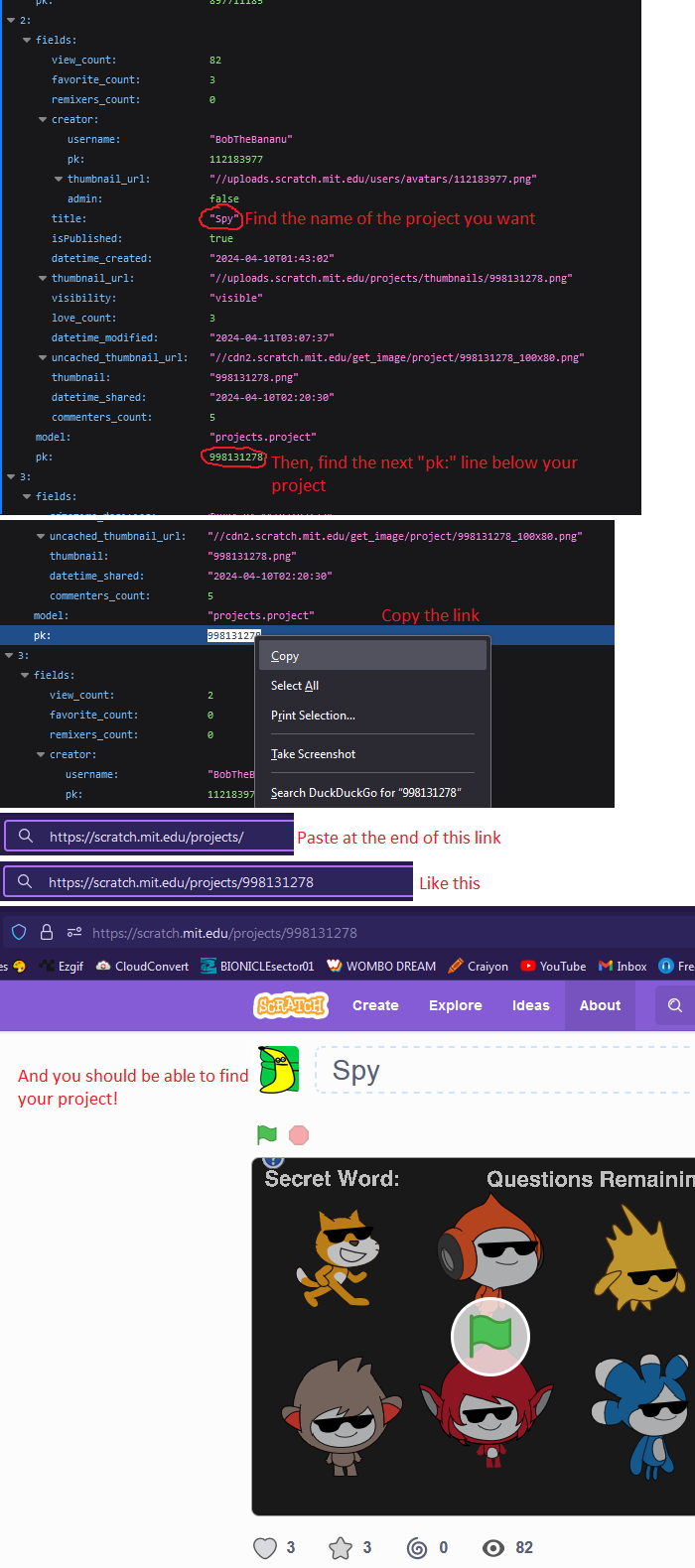Staying in Control of Our Spending Habits
작성자 정보
- Maria 작성
- 작성일
본문
One of the primary reasons people engage in emotional spending is to avoid dealing their emotions. When faced with anxiety, sadness, or other emotional challenges, it's easy to resort to shopping as a temporary solution. This short-lived satisfaction from negative emotions can be misleading, making us believe that buying a new item will solve our problems. However, the sense of satisfaction is usually brief, and the problem of negative emotions remains.

Another factor contributing to emotional spending is the desire for self-esteem. We often buy things to conform to the latest trends, appear popular, or socially accepted by society. The constant pressure to conform can lead to overspending, as we strive to project a certain lifestyle or status.
Understanding your emotional spending habits requires self-reflection. Start by tracking your expenses or spreadsheet to monitor your expenses and identify patterns. Ask yourself why you made certain decisions. Was it to treating yourself, filling a void, or seeking social validation? Recognizing your reasons can help you address the underlying issues.
Breaking the cycle of emotional spending requires a combination of emotional regulation and strategies to manage emotions. Here are a few techniques to help you overcome emotional spending:
- Create a budget and stick to it: Allocate your expenses beforehand and set aside for essential items, hobbies, and savings. This will help you make more informed purchasing decisions.
- Practice delayed gratification: When you feel impelled to buy an hasty decision, wait for 24 hours before making the purchase. This allows you to reevaluate your choice and determine whether the item is necessary.
- Find alternative coping mechanisms: Engage in experiences that bring you joy, such as hobbies, physical activity, or spending quality time with loved ones. This can help you redirect your attention away from consumable goods and towards more meaningful relationships and activities.
- Develop self-compassion: Handle yourself with kindness when faced with negative emotions. Tell yourself that it's normal to experience emotions and that you can manage with them without resorting to spending.
- Stay present: Be present in the moment and focus on your feelings, needs, My profile and goals. This can help you develop self-awareness of your emotional spending habits and make more intentional purchasing decisions.
관련자료
-
이전
-
다음
